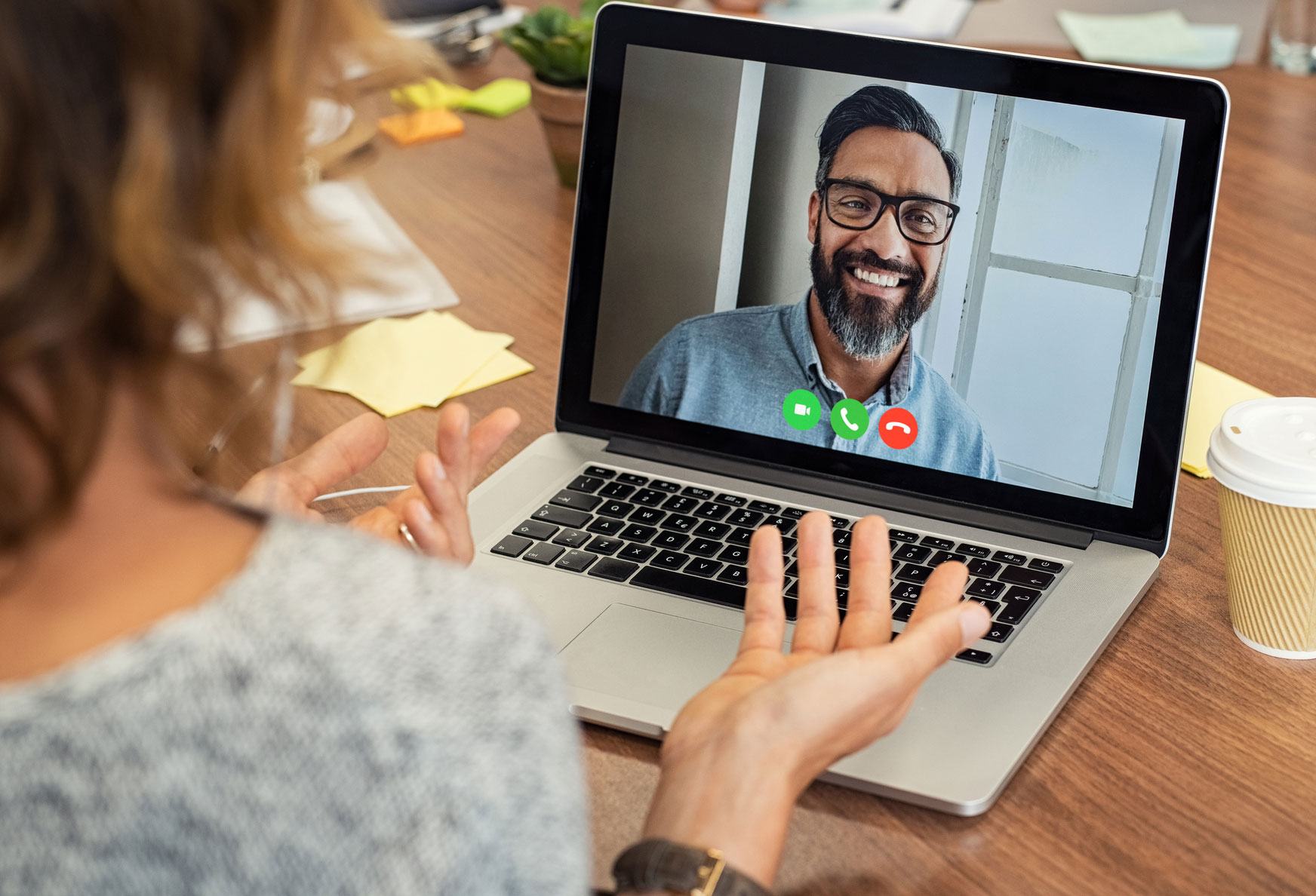<< Back
How MATCH’s Telehealth Video Conferencing Can Aid Sobriety

April 29, 2019
The Rushford clinical team offering supervised, medication-supported help for opioid addiction makes getting sober even easier by introducing video conferencing so patients don’t have to travel far to check in with an addictions doctor.
Called telehealth, the initiative is an extension of Rushford’s Medication Assisted Treatment Close to Home (MATCH) Program that operates 13 locations across the state so people can easily access the opioid replacement medication and behavioral support often needed to successfully achieve sobriety.
The technology will connect patients with medical experts to help manage withdrawal, induction and ongoing medical treatment of opioid use disorder (OUD) via online video conferencing, according to Melissa Monroe, clinical director of MATCH ambulatory programs.
“When someone is ready and willing to access treatment, it’s most effective to get them started as soon as possible,” added Dr. J. Craig Allen, vice president of addiction services for the Behavioral Health Network. “The challenge at our satellite locations is that we don’t have medical staffing available every day to be able to do this. We don’t want new clients to have to wait for the next available appointment, which could be a couple of days or even weeks. Delaying the start of the medication increases the risk of relapse and the patient can be lost to follow-up.
“With telehealth, we can tap into the resources available in our hub locations in Meriden and Middletown.”
One pathway into MATCH can be through the emergency room. There, after treating someone for an overdose, it’s best practice to initiate opioid replacement treatment immediately, but there must be an outpatient program that can accept the client to continue the medication within 24 hours of discharge, Dr. Allen said.
Monroe noted, “If referred to a nearby MATCH location, patients can continue their medication and avoid withdrawal symptoms that can include stomach cramps, tremors, vomiting and sweating.”
MATCH clinics without full medical staffing can now offer timely follow-up visits with telehealth. The initial visit after emergency room discharge is about an hour, and patients must be seen every two days after until they are considered stabilized.
“This is where we lose patients,” Monroe said. “This program is about consistency and these appointments are important. With telehealth, they can see a provider without needing to travel. They can be seen sooner and if something about their withdrawals gets more serious or they have questions, they can connect with the provider faster.
“Telehealth increases people’s access to MATCH and better serves the population. Our goal is to create a better experience for the patients and create a feeling that they’re together with the clinician because they can see each other on the monitor.”
By tapping a $1.5 million grant from the federal Substance Abuse and Mental Health Services Administration (SAMSHA), Rushford bought the necessary technology to add a telehealth component to MATCH and will fund the time clinicians spend on video visits, she said.
“Telehealth appointments for detox are not currently reimbursable by insurance,” she said. “We will be presenting a case for reimbursement to insurers in the next few years because telehealth is truly the new wave of what’s being done in psychiatry.”
MATCH telehealth visits are currently available at the Avon and Glastonbury locations. The former, Monroe said, is where many patients experience trouble with the distance they must travel for in-person visits, while the latter has heightened need for appointments that cannot be accommodated with traditional sessions.
She went on to add that part of the process with initiating telehealth for MATCH is to create standard work so the concept can be applied to other service lines in the Behavioral Health Network.
For more information on how the Hartford HealthCare MATCH program can help people quit opioids, click here.